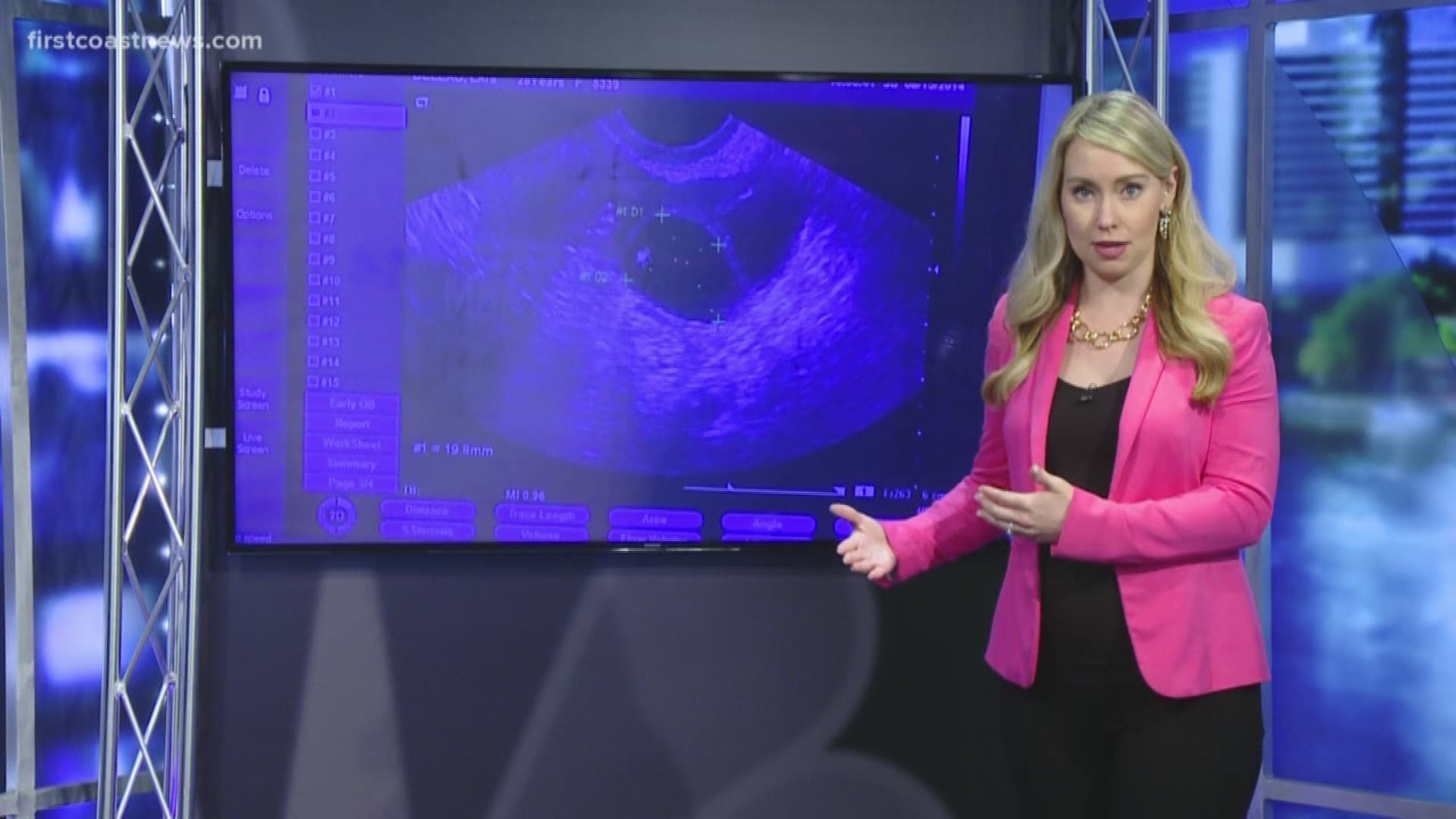JACKSONVILLE, Fla. — As of Thursday, positive tests for coronavirus have been reported in St. Johns, Camden and Nassau counties. The Florida Department of Health says 23 people across the state have tested positive for the virus.
As more cases are confirmed, there is an understandable concern for women who are pregnant about what this illness could mean for their pregnancies.
First Coast News is On Your Side, digging deeper into how this virus could impact moms and mothers-to-be.
Pregnant women more susceptible?
Right now, the Centers for Disease Control says it does not have information from published scientific reports about the susceptibility of pregnant women to COVID-19.
Yet, women can have changes to their immune system during pregnancy which could make them more susceptible to viral respiratory infections.
"At times during pregnancy, they could have weakened immune systems, so what we do educate parents to do is to wash their hands, avoid contact with your face and eyes," tells Marko Predic an infection preventionist at UF Health. "Be cautious in public, if you see someone who is sick, do what you normally would and give them a few feet of space."
Is the fetus in danger?
So can a pregnant woman pass the COVID-19 virus to a fetus?
Right now, the CDC says COVID-19 is thought to be transmitted through respiratory droplets. In some limited, recent cases of infants born to mothers with COVID-19, the CDC says none of the infants have tested positive. But there were some limited case reports of adverse infant outcomes like preterm birth being reported from women with COVID-19. At this point, the CDC says it is not clear if that outcome was directly related to COVID-19.
What about breastfeeding?
When it comes to breast milk, at this point there is no evidence of COVID-19 in the milk. But the CDC suggests mothers that are symptomatic (coughing, sneezing) to take extra precautions- wash her hands before touching the infant and wearing a face mask, if possible, while feeding at the breast.
She could also choose to pump the milk and then have someone who is healthy feed the breast milk to the baby.
For more information from the CDC, read about pregnancy, newborns and breastfeeding by clicking here.
What other people are reading:
For the latest updates on the virus and its impact on the First Coast, follow this live blog and join our Facebook group, Facts Not Fear: Your Coronavirus Questions Answered.



